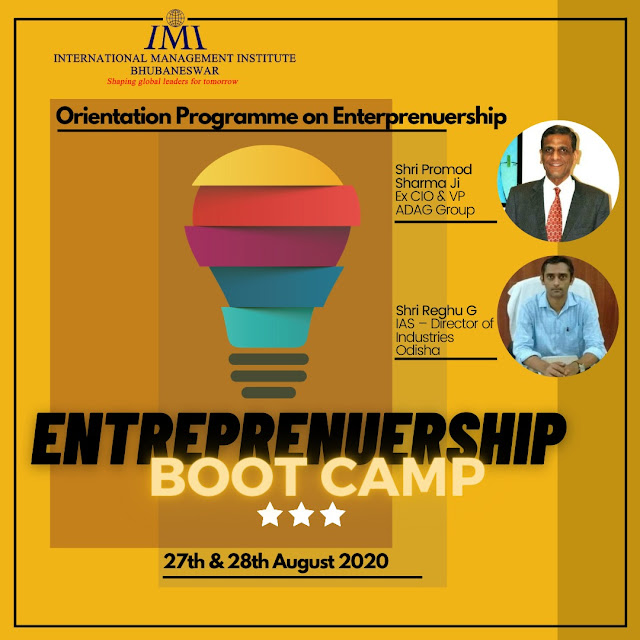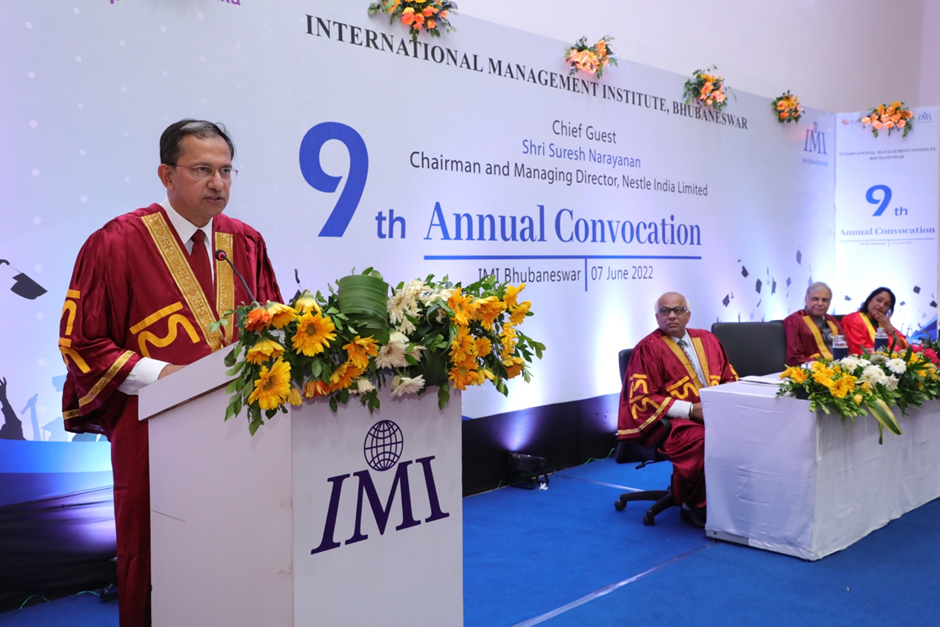Internet of Things (IoT) – Transforming Digital Marketing
The Internet of Things (IoT) - The trend which has become an
increasingly growing topic of conversation and the one that everyone is
waiting for. We all are aware of how internet has connected people to
people, but now taking another step forward internet is going to connect
things like never before. The IoT is the idea of physical objects,
devices, or even people being connected to one another and to the
internet(Courtesy: Wikipedia). This can be anything ranging from your
smartphone, wearable gadgets, headphones to smart television sets. It
has the ability to change how everything physical in our life works.
Well for those of whom who don’t know, IoT is already among us
with Fitbit, Google Glass, Self Driving Car, Apple iWatch -- all being
popular examples of our increasingly connected lives.
What does this mean for digital marketers?
Well, the IoT opens up even more digital channels for marketers to
track. The increased volume of data brings an exciting opportunity to
collect and analyse a variety of new behaviours. So the real challenge
will be how to analyse and use this new information efficiently. The IoT
will present many opportunities to marketers as more and more devices
become connected. The IoT will give brands the ability to process
information about connected products and then personalize them to each
consumer. Companies will now be able to deliver enhanced services and
messages to customers. It will require marketers to focus even more on
different channels and devices when creating their marketing strategies.
So, marketers will have to listen and respond to the needs of their
customers accordingly – with the right message, at the right time, on
the right device’.
For marketers to succeed in a world that is becoming fundamentally
technology driven, they will need to learn to leverage the technology
itself in order to benefit from its obvious ‘data and analytics’
benefits so as to create a seamless customer experience that will be
beneficial both to the brand and the consumer as well.
How will digital marketers actually use the IoT?
- Use it to analyze the buying behavior of customers across the platforms they use, Marketers will better understand the consumer buying cycle and where in the cycle the customer is. The marketers can analyse user behaviour which allows them to further customize the product for them, and the data serves as the baseline for future product development efforts.
- IoT will enable real-time interactions: Engaging potential buyers at the right time is a big problem for both marketing and sales teams. IoT will enable data-driven marketing by providing real-time customer data which in turn will boost company sales significantly. With IoT, marketers can engage with prospects at the right time, such as the instant they are engaging on your website or with a targeted ad.
- Personalized promotions: Beacons make the perfect example of how IoT could be used by brands to improve their point of sale experience. Brands are using this technology to deliver personalized promotions to customers as they enter and move around the store. Beacons allow for a new way of in-store interaction between customers and retailers. On the one hand, it allows retailers a new way of collecting data about its customers, based on their in-store actions. On the other side, it allows customers to receive personalized offers based on their preferences and their online/in-store behavior. Push notifications and location-based promotions are just two simple examples of how objects will communicate with customers.
- Predictive Social Media: IoT is optimized for use with social media. Marketers who are able to predict the development of social media communities, and target their efforts towards these communities, will be able to reach potential customers whom they may not have been able to previously target. With these better targeted campaigns, marketers will be able to identify and monetize new emerging trends. IoT has added an edge of personalisation to social media marketing. Presently customers in the light of their browsing history are recommended products that they may like to buy. IoT helps to turn social media marketing more customer-centric as now you can shoot ads and promotion messages based on individual’s preference.
There are some ethical concerns around this, as customers may find the
concept intrusive. Marketers will know everything about a customer’s day
to day habits, and this raises more concerns around the subject of
privacy and security. Is our data going to be monitored constantly, and
what information will be used? For some, they will welcome and
understand the exchange of their data with brands, and enjoy receiving
specific offers. But for others this will be too invasive. It will be
important for marketers to incentivize customers to share their data and
present clear benefits to the user.




Comments
Post a Comment